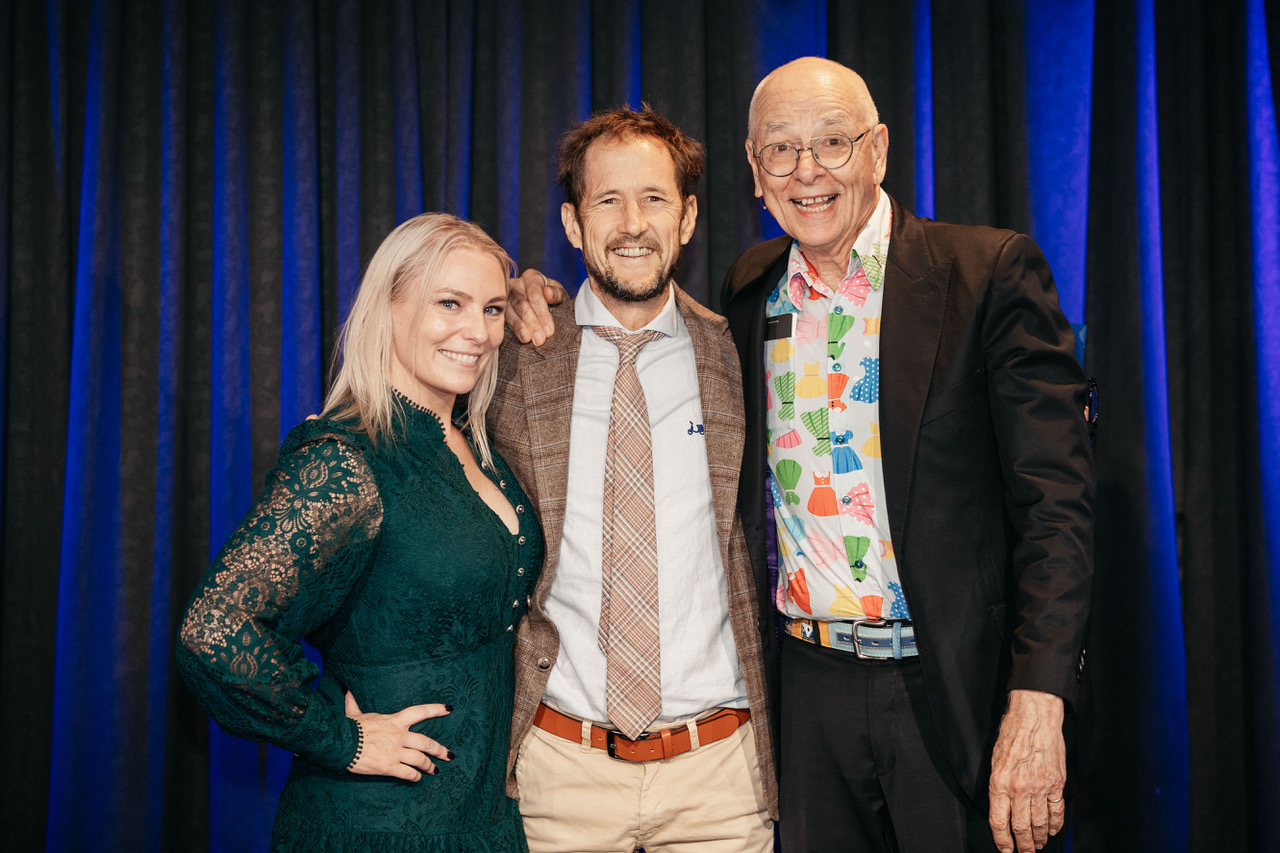- Posted on 18 Jun 2025
- 4-minute read
A recent expert panel warns that Australia must broaden its food security conversation – and fast.
Food security doesn’t often dominate national headlines – but it should. That was the core message from Food Security: Prices, Inputs and People, a panel event held in Sydney and online on 15 May.
Facilitated by NSW Farmers' Principal Economist Samuel Miller, and with over 50 attendees from across government, industry, and academia, the event tackled urgent, often overlooked questions: What is food security? And how do we build it in a time of compounding crises?
Organised in response to the Hon. Minister Julie Collins’ announcement of support for a National Food Security Strategy, the event sought to redefine food security beyond production volumes.
Designing sustainable food systems is not only about ensuring healthy food is accessible, affordable and supply chains are secure, but ensuring food systems contribute to regenerating the environment, such as minimising GHG emissions.
Beyond the farm
So, what exactly is food security? It’s not just about growing enough crops (which Australia is good at – we produce enough to feed three times our population) – it’s about ensuring people have reliable access to nutritious, affordable food, now and into the future.
That means safeguarding the supply chain from geopolitical and climate shocks, protecting the land and inputs we grow food with, and making sure no one is left behind when prices spike or disasters hit. In short, food security is what turns full supermarket shelves into a stable society that lives within planetary boundaries. And according to researchers, it’s far more fragile than we think.
Associate Professor Dana Cordell, Research Director of Food Systems at the UTS Institute for Sustainable Futures (ISF), delivered a presentation outlining four critical but under-recognised risks to food security. From the rapid loss of productive peri-urban farmland to Australia’s heavy dependence on imported phosphorus for fertiliser and the urgent need to decarbonise the food system to meet Australia’s net zero targets.
“Designing sustainable food systems is not only about ensuring healthy food is accessible, affordable and supply chains are secure, but ensuring food systems contribute to regenerating the environment, such as minimising GHG emissions,” Cordell says.
“Transitioning Australia’s food system will also require working closely with farmers and other food value chain stakeholders to ensure livelihoods are supported and economic viability.”
Stepping in for the live discussion was ISF’s Dr Melita Jazbec, who extended this thinking into practical policy implications, highlighting the need for circular economies, food waste strategies and integrated solutions across agriculture, energy and water sectors.
With contributions from researchers at the University of NSW, the University of Sydney, and opening remarks from NSW Agriculture Commissioner Alison Stone, the event underscored an important shift: food security can no longer be treated as a background issue in Australia. As global disruptions grow more frequent, ensuring a reliable and just food system must become a national imperative.
As discussions on Australia’s first coordinated food security strategy heat up, ISF is helping ensure the conversation is rooted in research – and focused on shaping a fairer, more resilient food system for all Australians.






